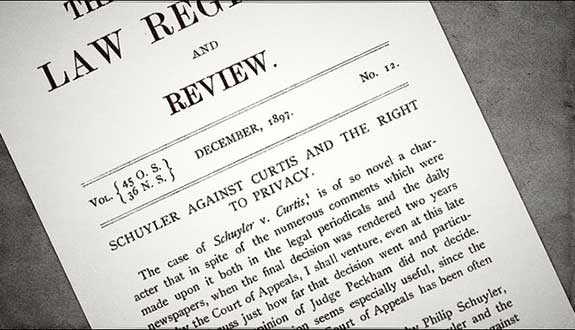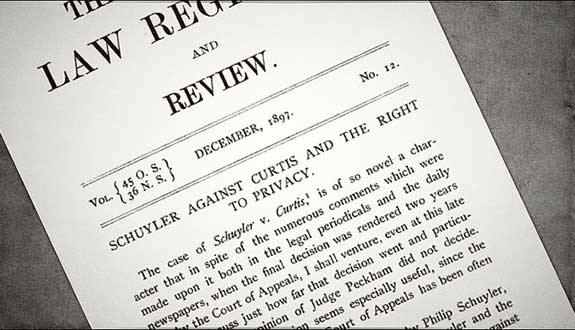
Before I decided to seriously pursue a career in law or to attend law school, I had a lot of misperceptions about the process of attaining a law degree. I was particularly confused about one aspect of legal education: law review.
It seems like every successful politician or serious academic—assuming they attended law school—was, at one time or another, the editor-in-chief of his or her law review. I knew there was something prestigious about this mysterious position, but I had no idea what it actually entailed. So, now that I’m actually in law school, I’d like to shed some light on law review for all you prospective applicants.
First, what is law review? Law review is an academic journal that publishes articles by professors and other scholars in a variety of legal practices. It is published by students at most law schools, who are responsible for writing notes (shorter academic articles), editing, and checking citations. Usually, second year students are staff members, with less control over the material, and third year students are editors, who oversee the publication to a greater extent.
At most schools, including Columbia, the process for getting on law review begins immediately after final examinations at the end of the second semester. The school distributes a packet of material and students are tasked with writing a note using these materials. You can think of this write-on process as somewhat analogous to the writing sample at the end of the LSAT (just exponentially worse)—immediately after finishing an extremely stressful exercise, when you’re tired and drained, you have to try to write something coherent. But instead of taking half an hour to complete, the law review write-on process lasts for an entire week.
Law review board members evaluate students in a variety of ways at different schools. At some institutions, a certain percentage of students “grade on” to law review based on their academic performance alone. The rest of the slots are filled by examining students’ writing ability and proficiency in legal citation and editing, as well as their diversity status and grades. Many schools, including Columbia, do not allow students to simply grade on to law review. They follow the “black box” approach by looking at all of the salient factors listed above to determine all the members of law review.
There are significant benefits to serving on law review, especially at a top school. I was speaking to a Columbia alumnus recently, and he told me that there are four major ways of evaluating a young lawyer: their GPA, their journal (with law review being the best), their firm, and their clerkship(s). If you serve on law review, you are regarded as one of the best students at your school. You are more attractive to employers and in a better position to get hired for the most selective jobs. Furthermore, you get experience in legal writing and editing, which are some of the most important skills for any attorney in any practice field.
In addition to law review, most schools also have secondary journals. Secondary journals are not as prestigious as law review, but they serve many of the same functions. Based on my understanding, participation in a journal is a good thing for any law student, but it is particularly important for anyone interested in pursuing litigation or legal academia.
I would encourage anyone in law school to learn more about the journal opportunities available at their school. Even if you don’t get the golden ticket and have the opportunity to join your school’s law review, a secondary journal is an excellent option for both your career prospects and your ability to develop meaningful skills.
With that said, I’m now very stressed out about the future so…I’m going to go study.




